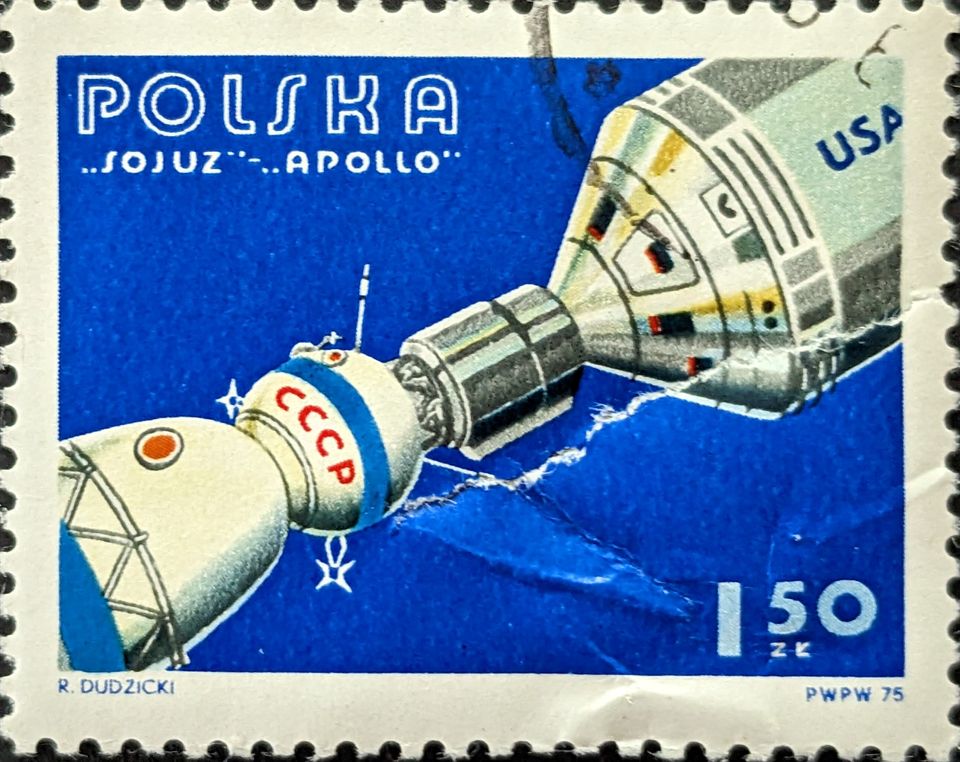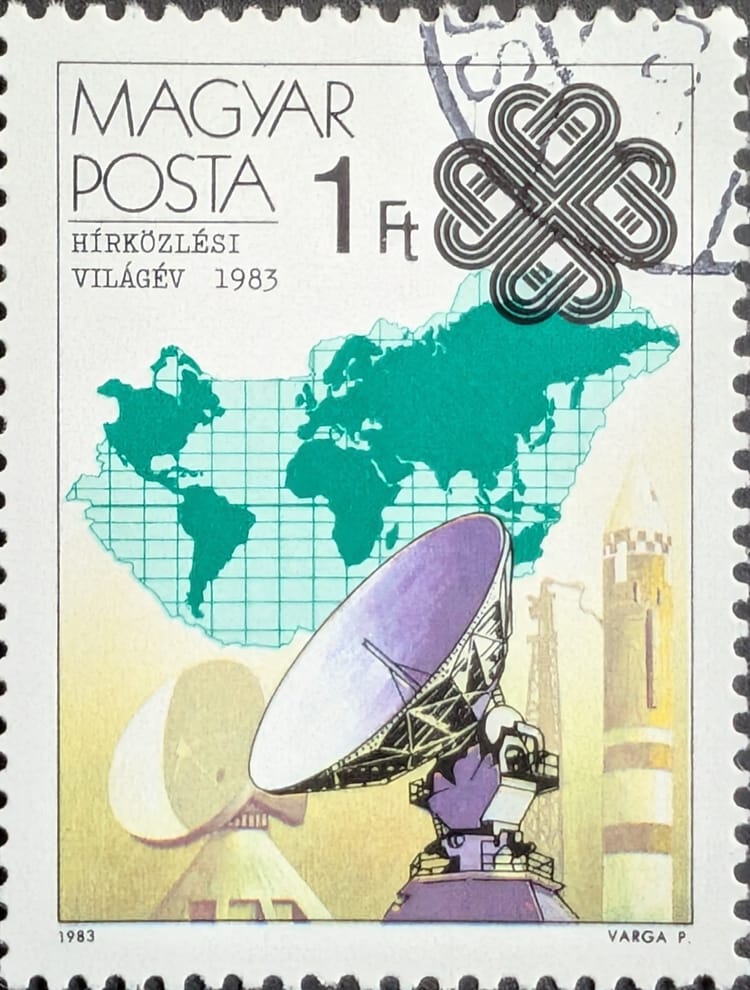Galileo Goes Rocket-Shopping

During the last few weeks, there has been a spate of articles highlighting the European Union’s dilemma of not having access to a European-designed and manufactured launch system. This consternation is brought on by the need to launch and deploy the newest version of European-made navigation satellites (Galileo). Galileo is a Global Navigation Satellite System (EGNSS), like the Global Positioning System (GPS). From Gizmodo:
“The European Commission is reportedly requesting approval to negotiate deals with private space companies like SpaceX to launch the Galileo satellites, Politico reported based on a copy of the draft request sent to European Union countries. The request stated that it would be an “ad-hoc security agreement” to “exceptionally launch” the next-generation satellites.”
Logical, Responsible, Practical?
According to both Politico and Gizmodo (even The Motley Fool?), there are several reasons why the EC is thinking about launching with “space companies like SpaceX.” First, the Russian government withdrew its Soyuz rocket from Arianespace last year to respond to Europe’s response to Russia’s Ukraine invasion. The French company had relied upon the Soyuz for some of its launches, including launching OneWeb satellites.
Second is the retirement of Arianespace’s Ariane 5 rocket. The reliable rocket will only launch one more time in 2023 before being retired. The third reason the EC is considering other space launch companies is that the Ariane 5’s replacement, the Ariane 6, is late and won’t be ready to launch the new-generation Galileo satellites.
None of the reasons are news. The Soyuz problem occurred in March 2022. Only so many Ariane 5’s were left, all already allocated to launches. And the Ariane 6–well, it’s a space program, which already didn’t bode well for meeting initial timelines. Add the fact that it’s a government program, increasing the odds of not meeting deadlines. Then, on top of that, it’s a European bureaucracy running it, and—the Ariane 6’s delays shouldn’t be surprising at all.
The predicament the EC finds itself in is unsurprising, either, if only because OHB brought the subject of switching to SpaceX up to the EC a little over a year ago. However, the EC probably tried to put off discussions about moving to other launch platforms as long as possible. Again, just guessing, but the delay was probably because the EC hoped that the Ariane 6 would be available to launch Galileo Second Generation satellites on schedule. The Galileo satellites are supposed to be ready for launch sometime in 2024. Since the answer for using the Ariane 6 in 2024 appears to be “Nope!” the EC’s consideration of SpaceX and the United Launch Alliance to launch Galileo satellites is the next logical, if wavering, step because it’s also a politically unsavory one.
No Ariane 6, No Fly
As a pleasant surprise, the EC’s alternative launch provider consideration makes it seem as if the second-generation Galileo satellites will be ready for deployment on time in 2024. Otherwise, why bother publicly instigating the discussion of possibly switching launch providers? However, the discussion is also an admission that Europe’s current space launch program, which is supposed to give a degree of European sovereignty in space, isn’t up to the task and won’t be–even in 2024 (that is also not a great situation for Amazon’s Kuiper).
The delays seem unwarranted, given that, according to one Arianespace person, the Ariane 6 is not much of a technological departure from the Ariane 5. What is different is how it’s manufactured. From a NASASpaceflight.com interview in early 2022:
“As Mr. Rives describes the situation: “Basically Ariane 6 is based on the same architecture as Ariane 5, but with a major step forward regarding industrialization of the concept as it takes into account the technologies which are available today and which were not available at the time Ariane 5 was designed.”
But, according to the European Space Agency and ArianeGroup, the technologies to build the Ariane 6 aren’t the reason for its delays.
Whatever the reasons, hopefully, the Ariane 6 successfully comes online. Because the commercial space launch industry isn’t in a healthy place. Sure, one company is launching more rockets per year than the others combined, but the problem is that it’s just one company. I’ve written a few analyses about this problem last year: “Single Point of Failure: When All Launches Lead to SpaceX” and “Euclid’s Choice: A Dilemma Facing Other Space Operators.”
In “Single Point of Failure,” I asserted, “Bottom Line Up Front: no redundancies to SpaceX and its rockets. None.” That is still the case over a year later. I observed the sequence of events that occurred in the industry to reach this uncomfortable conclusion:
The result is what we are witnessing currently–both ULA and Arianespace have rocket inventories, but, for example, the remaining inventory of Ariane 5s is already allocated to contracts. ULA is in a similar situation with its Atlas 5 and Delta IV rockets. The companies’ replacement rocket development delays are exacerbating their inability to launch. Current operational rockets are already spoken for, a circumstance that already makes potential customers dismiss ULA altogether. With Arianespace’s sudden loss of the Russian Soyuz, it can offer only its Vega–a rocket with dubious reliability characteristics and limited spacecraft lift capability. Both companies can’t field new rockets, much less compete with SpaceX.
Launch Systems Don’t Drive Missions
While the EC and ESA appear to recognize the challenge, there doesn’t appear to be much that they could have done between March 2022 and May 2023 to change the outcome. More distressingly, there doesn’t appear to be a plan to try getting European launch alternatives (to Ariane 6) manufactured. If the EC even considered plans for alternative launch systems, that public announcement would accomplish a few things for European taxpayers.
For example, ArianeGroup gets a shot across the bow from the EC and ESA, which might encourage the group to finish fiddling with Ariane 6. But, more importantly, the European launch industry decreases its dependence on a single large rocket manufacturer. That also means that Europeans have a selection of launch options to choose from regionally, which could be healthy. And for those wondering about whether the market is big enough for more than the Ariane 6, remember that Arianespace is theoretically launching plenty of satellites for Amazon Kuiper (and potentially replenishment launches in the future, too), and that the Europeans are planning on deploying hundreds of their broadband satellites (which will also need replenishment). However, it’s unclear whether the math works out in favor of more European launch providers.
Of course, all that takes time, which is a problem for European space agencies and companies requiring a launch system this year and possibly the next. It guts the anticipated launch demand that Arianespace could have fulfilled–had it been ready on time. Customers who should have been easy wins for Arianespace are already considering other launch options. The shift towards considering U.S. launch providers isn’t shocking. Other launch options should be considered if the Galileo mission is more important than supporting a non-performing launch system (Ariane 6).
For Galileo specifically, not deploying more satellites could mean Europe misses out on billions of dollars in revenue. That is because the Galileo constellation is considered part of a huge revenue-generating system. According to the EGNSS Service Center, GNSS constellations create what is technically described as “beaucoup bucks.” Just the downstream impacts of those constellations created an estimated revenue of €199 billion in 2021 (page 21). It will theoretically more than double to €492 billion by 2031 (although such forecasts should be considered cautiously).
Using the report’s logic, if the Galileo satellites were to be delayed, it could mean a potential loss of billions of dollars for each delayed year. Such losses aren’t a great trade economically or politically in the name of European launch sovereignty, and the EC appears to have tentatively reached that conclusion.




Comments ()